Elon Musk, Vivek Ramaswamy, and other members of President-elect Donald Trump’s Silicon Valley coalition are clashing with the MAGA movement’s hardline anti-immigrant faction, and it’s allegedly resulted in Musk stripping far-right critics’ verification badges on X.
The conflict centers on Musk and Ramaswamy’s recent praise for foreign tech workers, beginning soon after Indian immigrant Sriram Krishnan joined the team of Trump’s AI and crypto czar David Sacks. It’s pitted Trump’s tech mogul donor class against his older network of far-right influencers like activist and Trump companion Laura Loomer while escalating into racist rhetoric against Indian Americans in particular. The ugly, extremely online fight between the American far-right influence network parallels the immigration debate currently being hashed out more quietly in Washington.
Anti-immigrant rhetoric was a cornerstone of Trump’s pitch to voters; on top of promoting false, racist rumors about immigrants and promising mass deportations that could destabilize the American economy, he’s expected to revive an H-1B visa crackdown that he imposed during his first term. At the same time, Trump is leaning heavily on support from parts of Silicon Valley, which relies on the H-1B program for engineers and other skilled workers. Both these positions are represented in Trump’s inner circle: Trump’s homeland security advisor will be immigration crackdown proponent Stephen Miller, for instance, while Sacks will shape tech policy and Musk and Ramaswamy will lead the unofficial “Department of Government Efficiency,” or DOGE.
“These attacks have become crude, and not in the holiday spirit.”
The inherent tension became obvious when Sacks announced Krishnan’s appointment on X, then began fielding attacks from popular pro-Trump voices. Loomer, who joined Trump on the campaign trail, said the pick was “deeply disturbing,” pointing to a Krishnan post asking DOGE to “unlock skilled immigration.” Another user’s response, highlighted by Sacks, asked “did any of yall vote for this Indian to run America?” Sacks responded that “Sriram has been a U.S. citizen for a decade. He’s not ‘running America.’ … These attacks have become crude, and not in the holiday spirit.”
Musk and Ramaswamy then fueled the conflict by jumping in with praise of immigrant workers. (Musk himself, of course, immigrated to the US from South Africa under allegedly illegal circumstances.) “If you want your TEAM to win the championship, you need to recruit top talent wherever they may be,” Musk posted on X, implicitly supporting channels like the H-1B program. Musk said he would “of course” prefer to hire Americans than go through the “painful and slow” work visa process, but “there is a dire shortage of extremely talented and motivated engineers in America.”
Ramaswamy chimed in with a theory that American pop culture like the ‘90s sitcom Family Matters “venerated mediocrity over excellence.” An X engineer escalated the situation by claiming that “america wouldn’t exist if it wasn’t for Indian excellence” in a series of posts Musk called “a little over the top.”
Conversely, figures like Loomer began tearing into Musk — questioning his claims about needing foreign workers, criticizing Tesla’s H-1B salaries, and calling him “a total fucking drag on the Trump transition” who “over stayed his welcome at Mar a Lago in an effort to become Trump’s side piece.”
Trouble in Musk’s free speech paradise
Over the past day the debate has shifted toward a new question: whether Musk has been banning his critics from X’s paid verification system, contradicting his frequent claims to have liberated X from the “censorship” of moderation. Loomer and others have reported losing their verified status on the platform and being locked out of monetization options. (It’s unclear whether Loomer will once again handcuff herself to the company’s headquarters in protest.) And Musk has posted a “reminder” on X that “if far more credible, verified subscriber accounts (not bots) mute/block your account compared to those who like your posts, your reach will decline significantly.” It’s a not-so-subtle reminder that X is, Musk’s promises of freedom notwithstanding, a private platform controlled by a fairly thin-skinned man.
None of the issues here are new, including the anti-Indian sentiments — Usha Vance, the Indian American wife of Trump’s running mate JD Vance, faced racist attacks on the campaign trail. They’re newly relevant, though, as Trump prepares to take office and decide which faction’s concerns he’ll prioritize.
Figures like Musk and Loomer once found common cause in attacking non-conservative “Big Tech” figures, and you can find artifacts of that alliance in this debate. Indian-born ex-Twitter executives Parag Agrawal and Vijaya Gadde, who were targeted by Musk during his takeover, were dubbed examples of “bad Indians” by Indian American conservative commentator and Trump pardon recipient Dinesh D’Souza. (“I’m obviously one of the good ones,” D’Souza clarified.) Fundamentally, both sides are still hostile to immigration outside a select group of exceptions — Musk has even promoted the spurious and antisemitic “great replacement” theory.
But in 2024, Big Tech CEOs have overwhelmingly signaled they’ll avoid antagonizing Trump, who could not only crack down on immigration but eviscerate parts of the tech industry with tariffs. X, where the MAGA right tends to hang out online, has lost non-conservative users to platforms like Threads and Bluesky. Trump’s big-name supporters have successfully purged or silenced much of their opposition — now, they’re settling scores with each other.


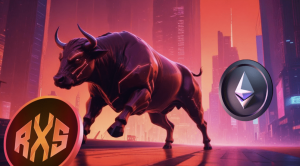

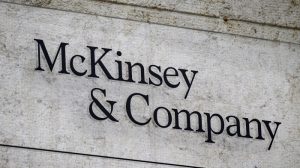











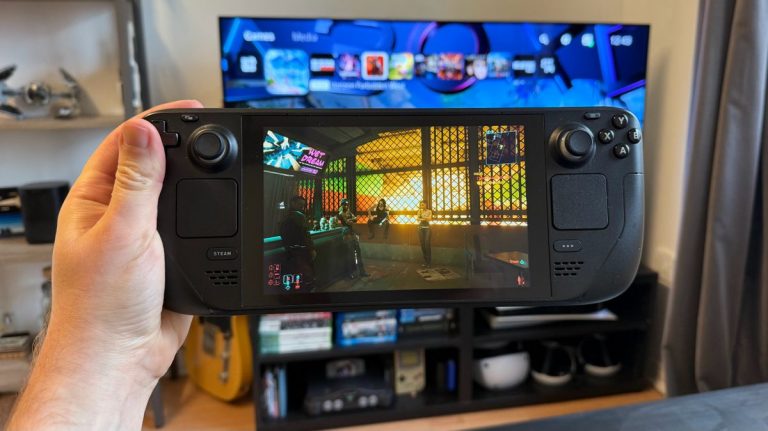


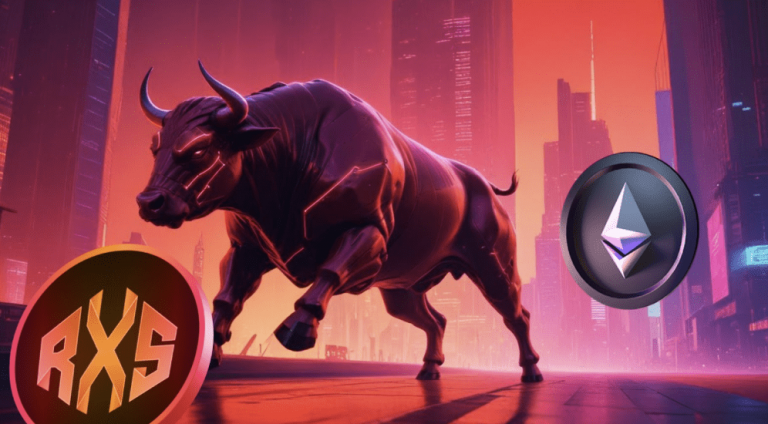

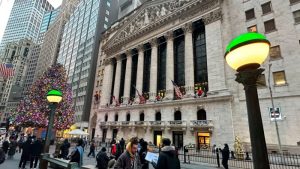

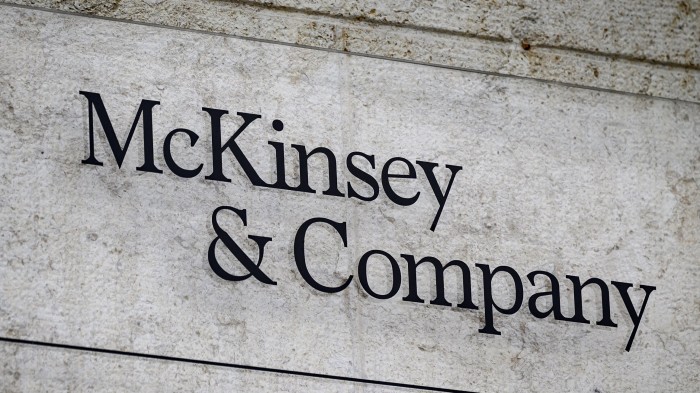

+ There are no comments
Add yours